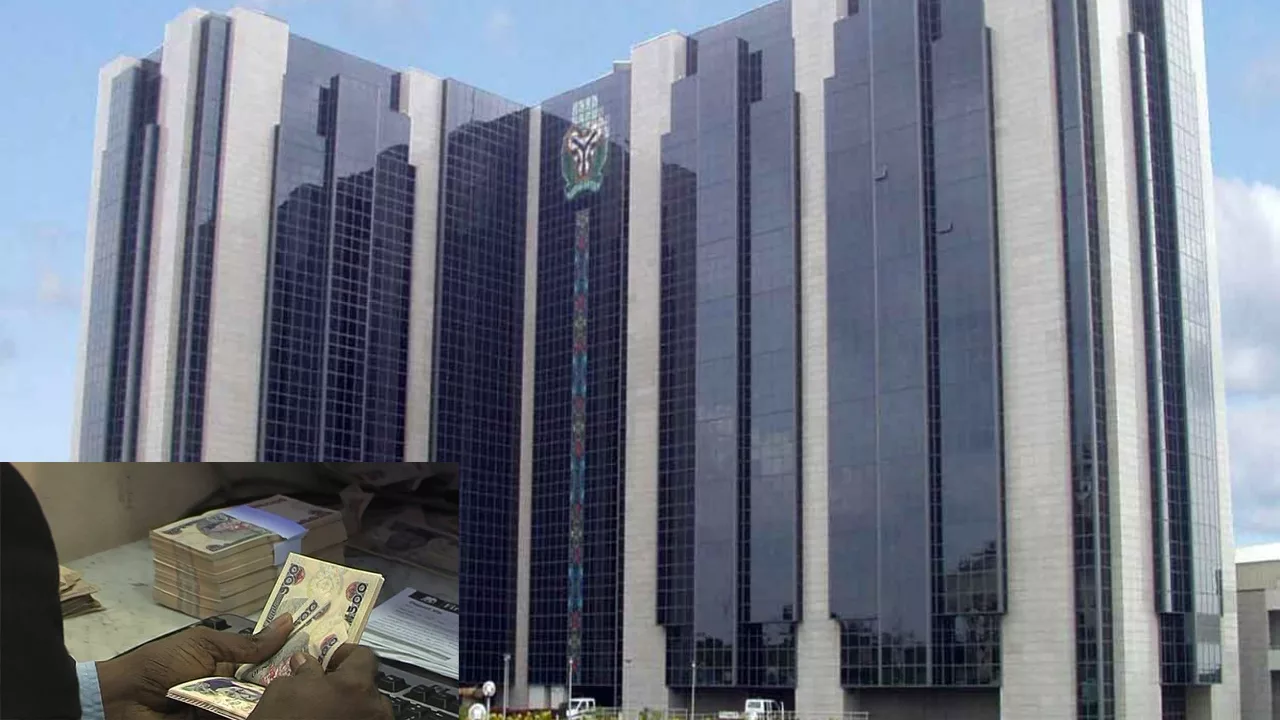By Chinenye Anuforo
New data released by the Nigerian Communications Commission (NCC) revealed that broadband internet subscriptions in the country increased for the third consecutive month, reaching a record high of 96.3 million connections in December 2024.
This represents a month-on-month (MoM) increase of 2.8 million lines, pushing the country’s broadband penetration rate to 44.4%, up from 43.2% in November.
The growth in broadband subscriptions aligns with a significant rise in active mobile lines, which increased by 5.1 million MoM to 165 million. Despite these gains, Nigeria remains far from achieving the ambitious targets set out in the 2020-2025 Nigerian National Broadband Plan, which aims for a 70% penetration rate, 90% coverage, and a cost of N390 per gigabyte (GB) by the end of 2025.
While the recent growth in broadband adoption is a positive development, industry experts warned that Nigeria is unlikely to meet its 70% penetration target this year. The country also faces significant hurdles in achieving its goals for coverage and affordability. The telecommunications sector, heavily reliant on imports, has been grappling with macroeconomic challenges, including inflationary pressures and foreign exchange (FX) volatility.
In response to these challenges, the NCC recently approved a 50% increase in telecom tariffs to ensure the sector’s sustainability and encourage continued investment in critical infrastructure. However, this tariff hike is expected to further delay the achievement of the N390/GB cost target, as rising operational costs are likely to be passed on to consumers.
The NCC’s data also highlighted a sharp increase in data consumption, with total usage rising by 36% year-on-year (YoY) and 11% MoM to 973,455 terabytes (TB) in December 2024. On average, Nigerian subscribers consumed approximately 4.5 GB of data during the month, up from 3.3 GB in December 2023. This rise in data usage underscores the growing reliance on digital services and the importance of affordable, high-speed internet for economic and social activities.
The benefits of increased broadband penetration can not be over emphasised. According to the International Telecommunications Union (ITU), a 10% increase in broadband penetration could boost GDP by 2.0% in low-income countries and 1.8% in middle-income nations. For Nigeria, where broadband penetration currently stands at 44.4%, every percentage point gained could significantly contribute to economic growth, job creation, and improved access to education and healthcare services.
While the recent growth in broadband subscriptions is a step in the right direction, stakeholders emphasized the need for accelerated investment in infrastructure and policy reforms to bridge the gap between current performance and national targets. The NCC’s tariff adjustment, though necessary for sector sustainability, points to the delicate balance between affordability and infrastructure development.




 1 week ago
34
1 week ago
34







 English (US) ·
English (US) ·